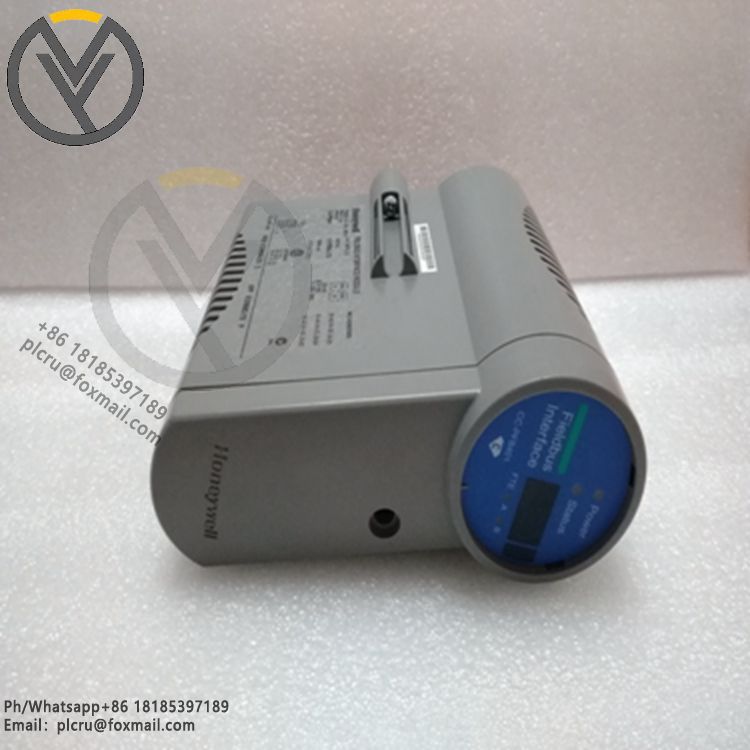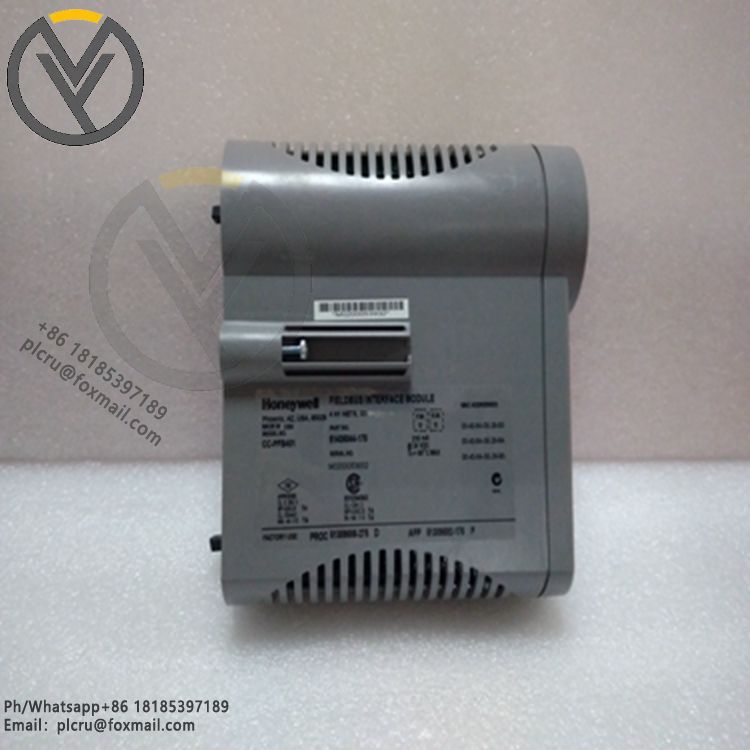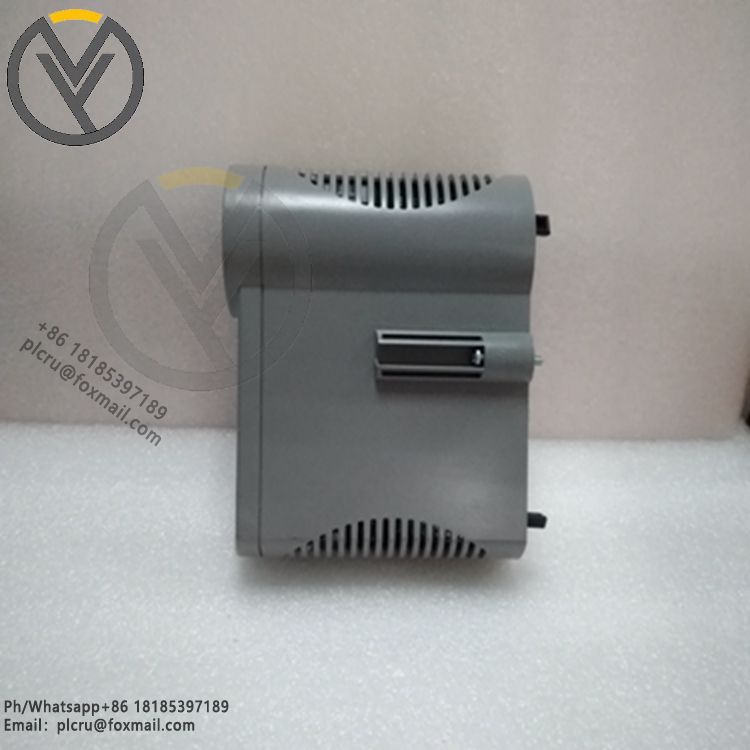
Honeywell | 2106B2310 Sensepoint HT Flammable Sensor
Delivery time 3 days
Product origin New/used
Email plcru@foxmail.com
Mobile/wechat /WhatsApp +86 18185397189
Honeywell 2106B2310 Sensepoint HT Flammable Sensor is a sensor produced by Honey
Honeywell 2106B2310 Sensepoint HT Flammable Sensor is a sensor produced by Honeywell for detecting flammable gases. Here is an introduction to it:
Features and Advantages
Adaptability to high temperature environments: Designed for high temperature environments, it can work normally in a temperature range of -25℃ to +150℃, and is suitable for high temperature scenes such as drying furnaces and turbine casings.
High sensitivity and accuracy: Using advanced sensing technology, it can accurately detect the concentration of flammable gases and can detect a variety of flammable gases, such as methane, propane, hydrogen, etc. The alarm trigger point can be as low as 5% LEL (lower explosion limit), and it can send out an alarm signal in time when the concentration of flammable gas is low, effectively preventing the occurrence of safety accidents such as explosions.
Strong anti-poisoning ability: Using Sieger anti-poison detection elements, it has strong anti-poisoning ability and can resist the influence of toxic gases such as hydrogen sulfide and sulfur dioxide on the sensor, ensuring the long-term stable operation of the sensor and extending the service life of the sensor.
Excellent explosion-proof performance: The housing is UL certified and meets relevant explosion-proof standards. It can be used in dangerous places where flammable and explosive gases exist, such as petrochemical, mining and other industries, to ensure safe use in dangerous environments.
Working principle
The catalytic combustion principle may be adopted. The Wheatstone bridge is used as the detection unit, and a catalytic combustion material is coated on one of the platinum wire bridges. When the combustible gas contacts the catalytic combustion material and is ignited, the resistance of the platinum wire bridge will change due to temperature changes. This resistance change is proportional to the concentration of the combustible gas. The concentration of the combustible gas can be calculated through the circuit system and microprocessor of the instrument.







